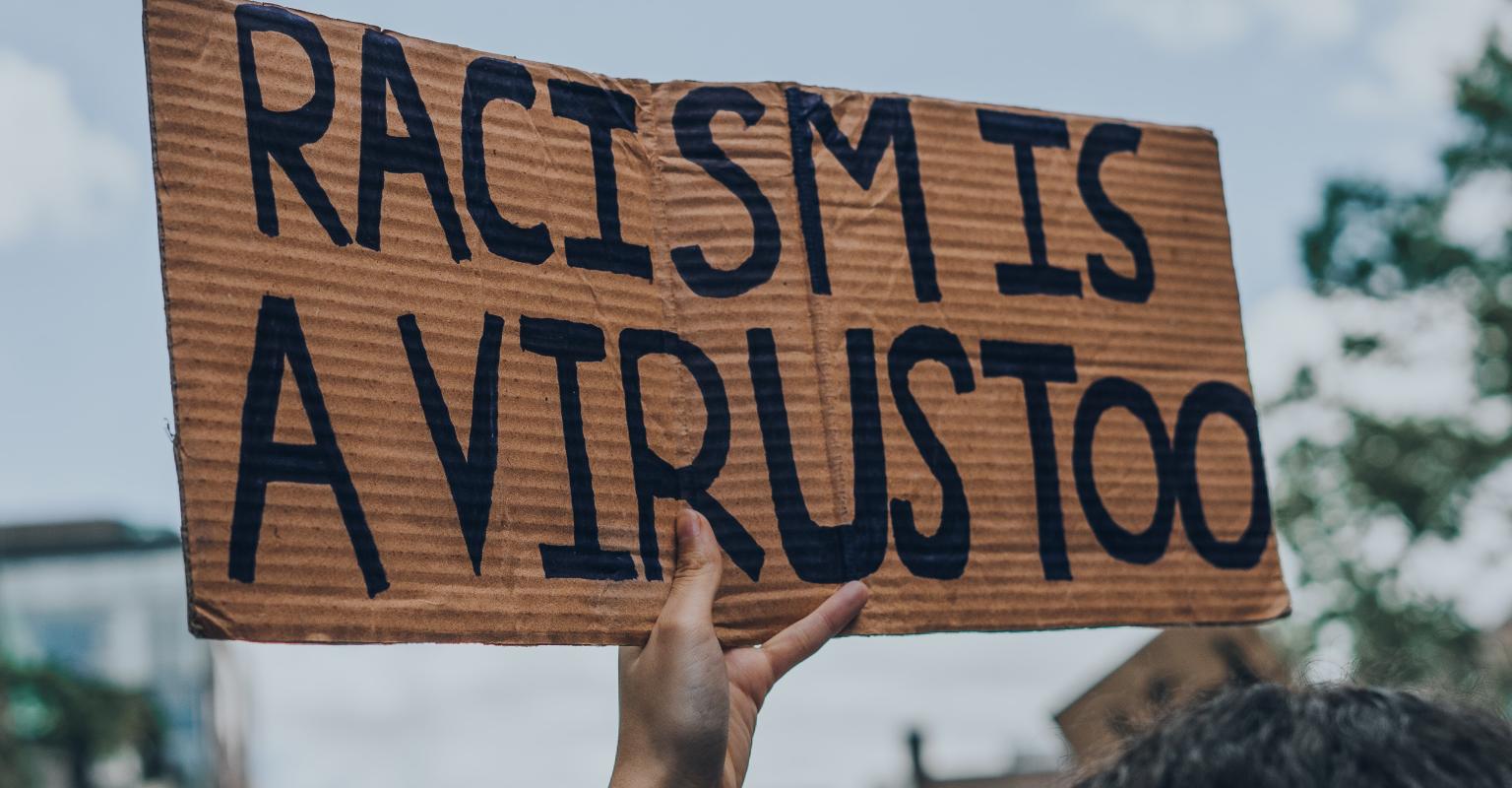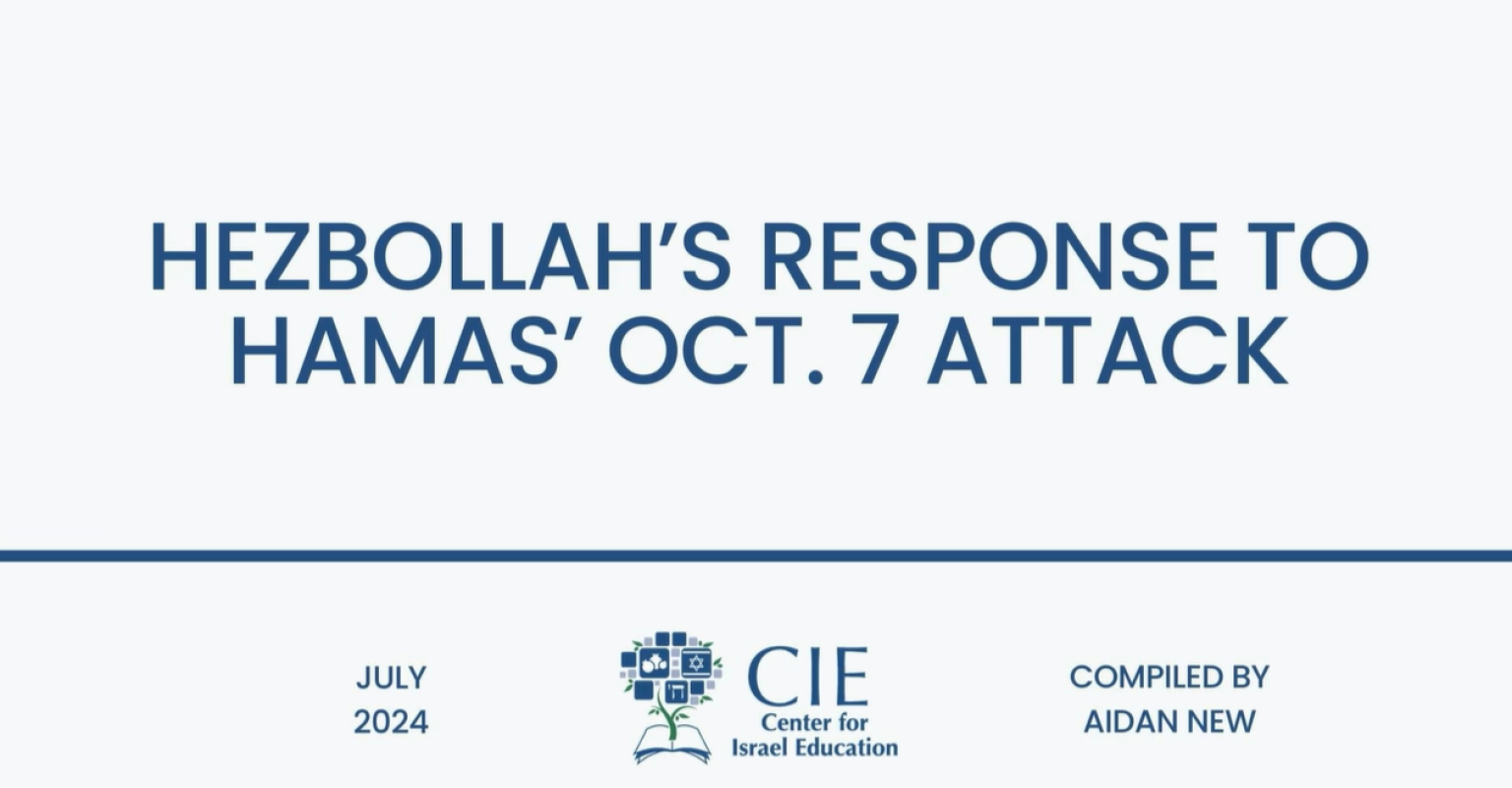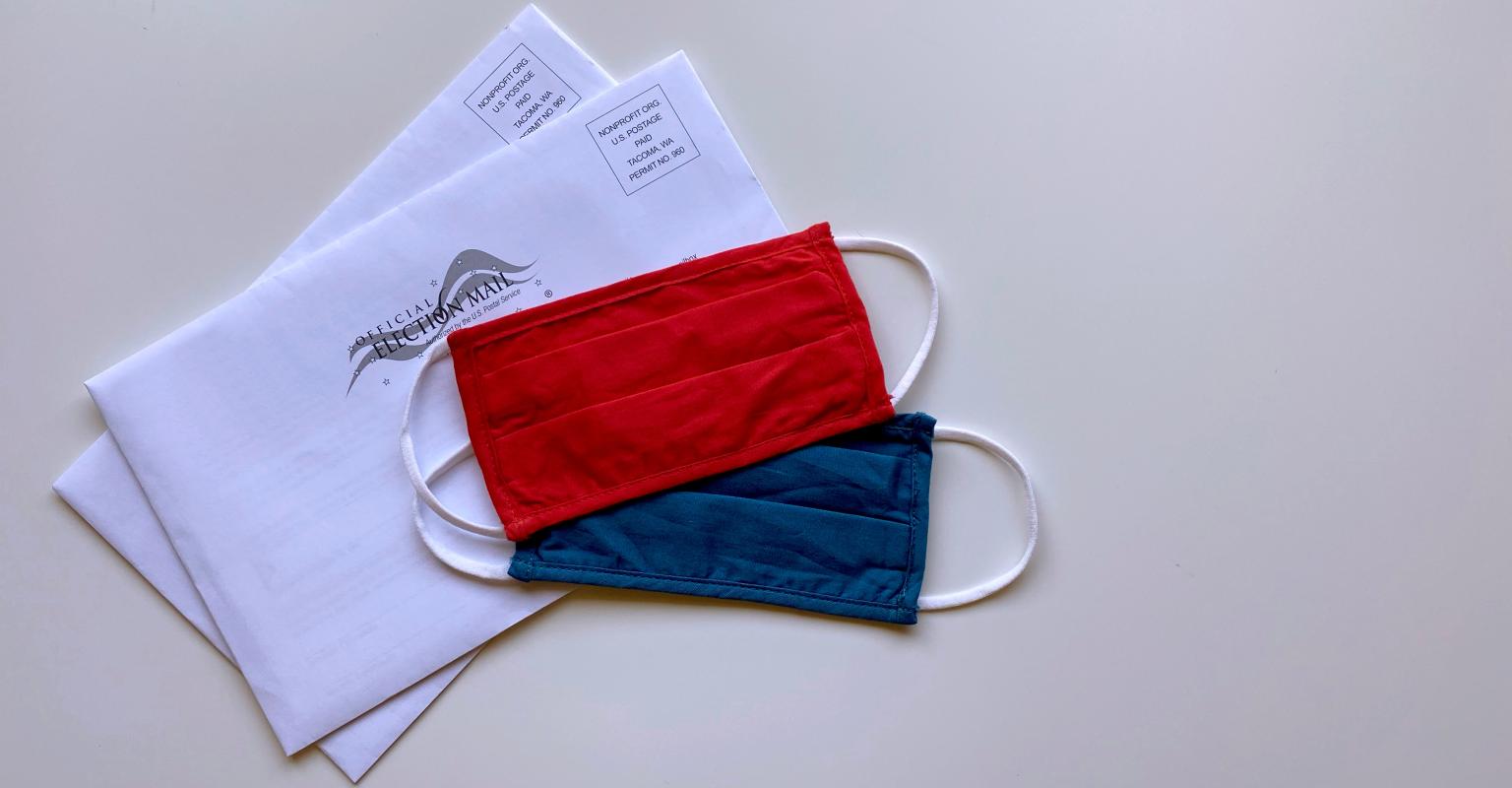In the wake of the horrendous killings this week of 8 people, six of whom were Asian American women, we at Moving Tradition stand in mourning, reflection, and solidarity with the families of the victims and their communities and all who are grieving, outraged, and afraid.
We are alarmed by the soaring rates of racialized misogyny and anti-Asian American violence since the start of the pandemic. We recognize the violence perpetrated as violence with an intersectional impact, and we name the pattern of gun violence committed by young white men in our society.
In response, we suggest that, over the coming days, you take time in your Moving Traditions teen group, or with teens in your life to view, share, and have a conversation using the resources below featuring the voices and experiences of Asian American women and Asian American Jews of all genders, including longtime Moving Traditions group leader Terry Wunder, an Asian American Jew.
We can honor the dead and advance justice by increasing our knowledge of the history of sexual violence against Asian women in this country and the powerful examples of organized resistance to it, and by choosing to join vigils, give money, or share what we have learned. Two important sources of information and activism are National Asian Pacific American Women’s Forum and Red Canary Song.
We suggest that, over the coming days, you take time in your Moving Traditions teen group, or with teens in your life to view, share, and have a conversation using the resources we have compiled on our website.
- Begin with simple check-in asking teens to share how they are feeling. Then ask if they have seen anything on social media about the killings in Atlanta this week and if so, what they have heard or seen. You can also ask what questions they have about what they have seen. Then, share a little about what impact the week’s news has had on you and how you are feeling.
- Longtime Moving Traditions group leader Terry Wunder, an Asian American Jew, suggests that a good way to help the Asian American and Pacific Islander community right now is to follow the “Learn – Listen – Speak Up – Show Up” framework. Terry offers this advice based on his experience learning how to be a better ally to African Americans. You can watch Terry here speaking with Jordan Daniels of the Leichtag Foundation about the events of this week. You can also explore AAPI Support, an excellent resource that Terry compiled for learning, action and support.
- Watch LUNAR: The Jewish-Asian Film Project’s latest episode, “From Division to Solidarity,” which features Asian American Jewish young people addressing how anti-Semitism, anti-Asian racism, and the model minority myth are linked, and how they affect Asian American Jews. (The video is 16:28 minutes; for a shorter clip we recommend 2:10-5:42 which discusses the model minority myth, and connects to achievement culture, a theme in our curriculum.)
- Consider where you currently get information about Asian Americans and what you might do to diversify the sources of your information. One way to do this is give teens 5-10 mins to research one of the profiles that stand out to them on this list of Asian American Jewish Women profiled by B’chol Lashon and then to share what they have learned. Another is to have teens pick one video from the YouTube playlist #AsianAmCovidStories and then share what they learned.
- Finally, we invite you to discuss these questions posed by two Moving Traditions Kol Koleinu Fellows, Daisy Freidman and Zoe Wertlieb, who recently led a teaching for their peers on intersectionality:
- What happens when you acknowledge one part of a person’s identity without acknowledging the other(s)?
- Where is the line between speaking for someone & uplifting someone?
- What comes to mind when you hear the phrase “Jewish woman?”
Additional questions:
- Daisy and Zoe’s ended their teaching with the following image. What does it mean to you? Why do you think they chose to use the spelling womxn?
- What comes to mind when you hear the phrase “Asian American woman?” What informs those images? What is one thing you can do now to challenge, expand and change those images?
- How can you learn more about Jewish women of color, Asian American Jewish women, transgender Jewish women, disabled Jewish women and other marginalized identities?
If you are leading a session for teens using this material, you may want to close the session by listening to this powerful poem/incantation by award-winning poet Cathy Song (1:26-4:04).



